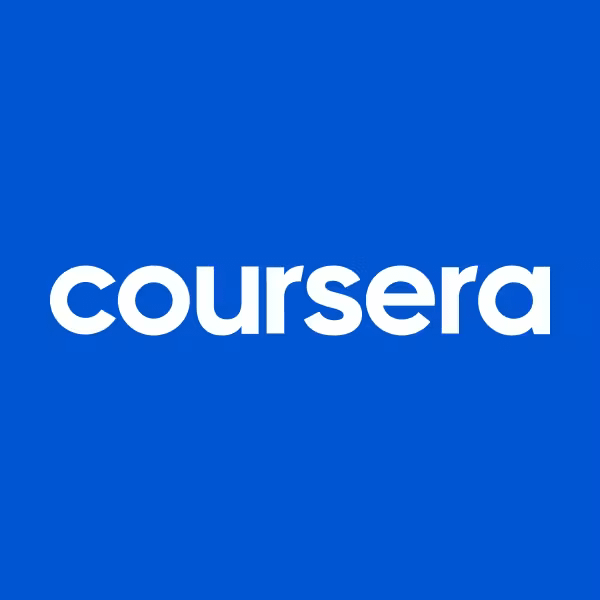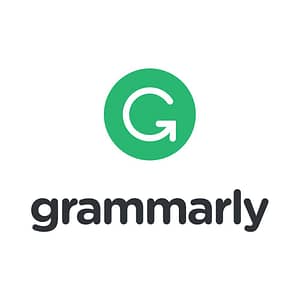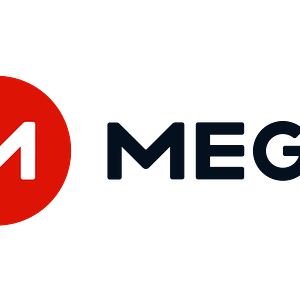Description
Coursera is an online learning platform founded in 2012 by Stanford University professors Andrew Ng and Daphne Koller. It provides a wide array of courses, specializations, and degree programs across various subjects, enabling learners from all over the world to gain knowledge and skills in diverse fields. Here are some key aspects of Coursera:
1. **Course Offerings**: Coursera collaborates with universities and organizations globally to offer thousands of courses in subjects ranging from computer science and data science to business, arts, and humanities. Courses typically include video lectures, assignments, quizzes, and peer-reviewed projects.
2. **Specializations and Professional Certificates**: For learners seeking deeper expertise, Coursera offers specializations and professional certificates. Specializations are a series of related courses designed to build mastery in a specific subject. Professional certificates are industry-recognized credentials that help learners prepare for job roles in various fields.
3. **Degree Programs**: Coursera partners with leading universities to offer fully accredited online degree programs, including bachelor’s and master’s degrees. These programs provide the same rigorous curriculum as on-campus programs, with the flexibility to study from anywhere.
4. **Guided Projects**: Coursera offers guided projects that provide hands-on experience in a specific skill or tool. These short-term projects are designed for practical, real-world application and typically take a few hours to complete.
5. **Coursera for Business**: Coursera provides enterprise solutions to help businesses upskill their employees. This includes access to a wide range of courses and specializations, analytics tools for tracking progress, and custom learning programs tailored to the organization’s needs.
6. **Accessibility and Flexibility**: Coursera’s platform is designed to be accessible and flexible, accommodating learners with different schedules and learning preferences. Most courses are self-paced, allowing learners to complete coursework on their own time.
7. **Financial Aid**: Coursera offers financial aid and scholarships for learners who may not afford to pay for courses. This ensures that education is accessible to a broader audience, regardless of financial background.
8. **Community and Support**: Coursera fosters a global learning community where learners can interact, share knowledge, and support each other. Discussion forums, peer reviews, and study groups are integral parts of the learning experience.
9. **Certificates and Credentials**: Upon completing a course, learners receive a certificate that can be shared on professional networks like LinkedIn or included in resumes. These certificates serve as a testament to the skills and knowledge gained.
10. **Mobile Accessibility**: Coursera offers mobile apps for iOS and Android, enabling learners to download courses and learn offline, making it convenient to study on the go.
Overall, Coursera’s mission is to provide universal access to the world’s best education, helping individuals achieve their personal and professional goals through high-quality online learning experiences.








